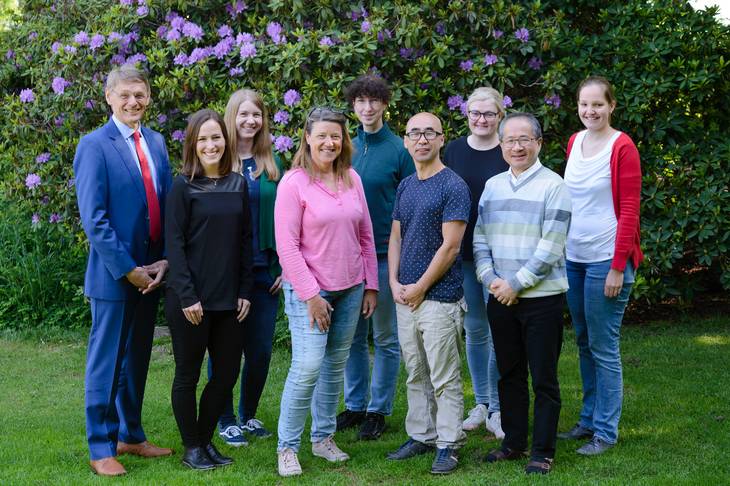Our research is aimed at an improved understanding of the neurobiology of mental illness, the course of illness and the response and side-effects of pharmacological and non-pharmacological interventions.
The understanding of the complex neurobiological and environmental (and their interaction) underpinnings of mental disorders has grown in light of technological advances in biology, neuroscience and bioinformatics in recent years. However, despite important progress namely on the identification of contributing multiple genes to mental disorders, a reductionistic and experimental research approach alone appears not sufficient to explain the development and the course of mental illness as well as the variation in response to pharmacological and non-pharmacological treatments.
Systems neurobiology deals with complex biological systems at the levels of the entire organism, the brain, the tissue and the cell. Their characteristics and behaviour are more than the sum of their single individual linear functions. Commonly, systems neurobiology is defined as ”Computational Neurobiology“, where the complexity of neurobiological underpinnings is modelled using advanced bioinformatic approaches.
Such an understanding of systems neurobiology translates to the context of mental illness in that it is assumed that biologically related multimodal data such as genomic, transcriptomic, epigenomic and proteomic data represent the complex neurobiology and relate more likely to the extensive clinical phenotype of mental illness rather than by individual marker. From this complex neurobiological data, multiple methods of data reduction are employed to identify a smaller set of biologically validated and interrelated marker and vice versa, individual marker can be analysed in a systemic way using multimodal data.
Following this approach, this lab conducts a variety of experimental and interventional animal and human studies that generate multimodal biological and phenotypical data suited for systems biology analyses. Hence, the multidisciplinary lab team includes experts in the fields of biology, psychology, physicians, psychiatrists, animal and human-experimental neuroscientists and bioinformaticians. In addition, the lab has extensive experience in biobanking and managing large scale human projects, lab members take leadership roles in international research consortia such as GenECT-ic and a pharmacogenomic/transcriptomic ECNP network and make contributions as PIs to the PGC and ENIGMA consortia.



